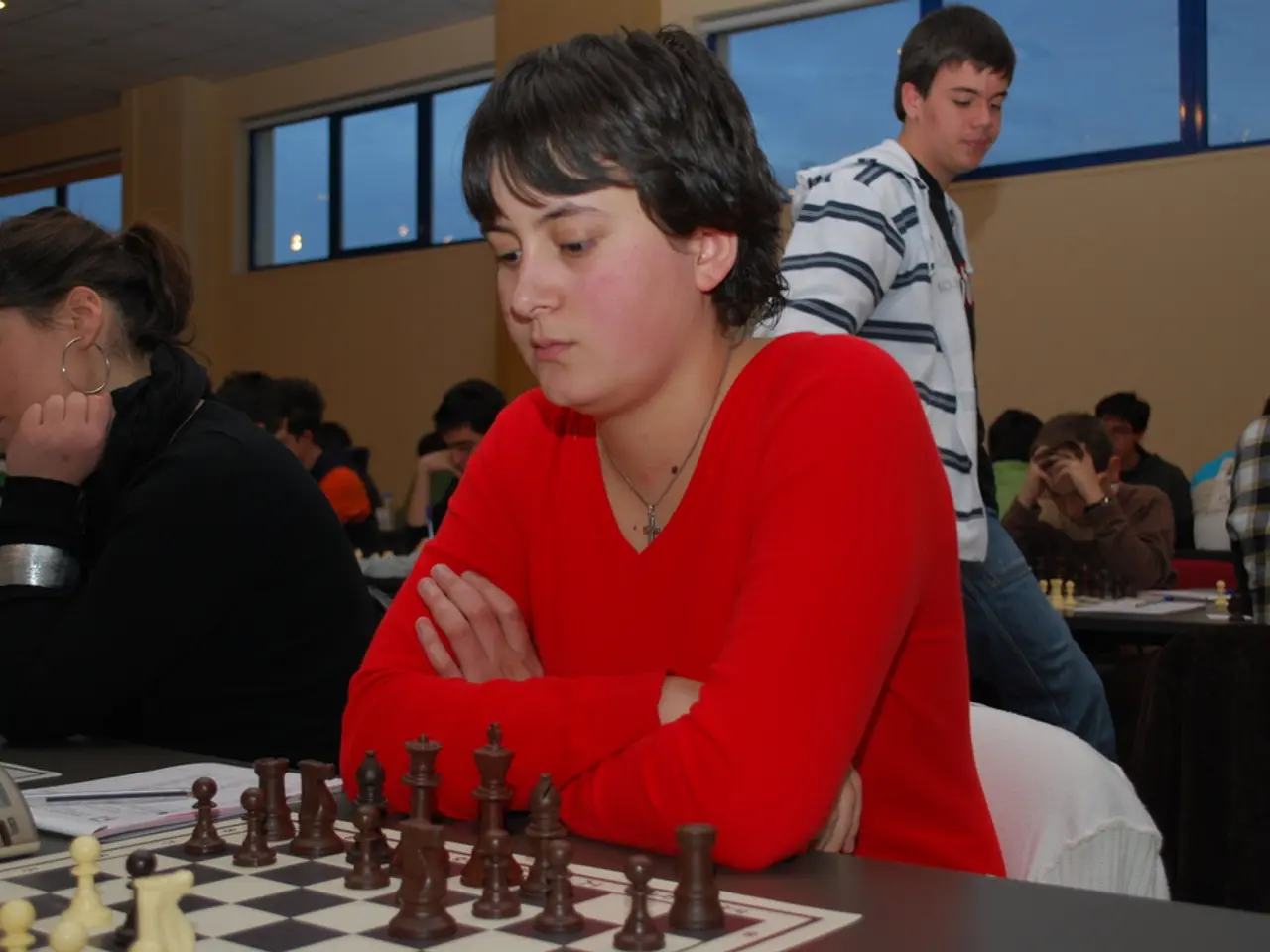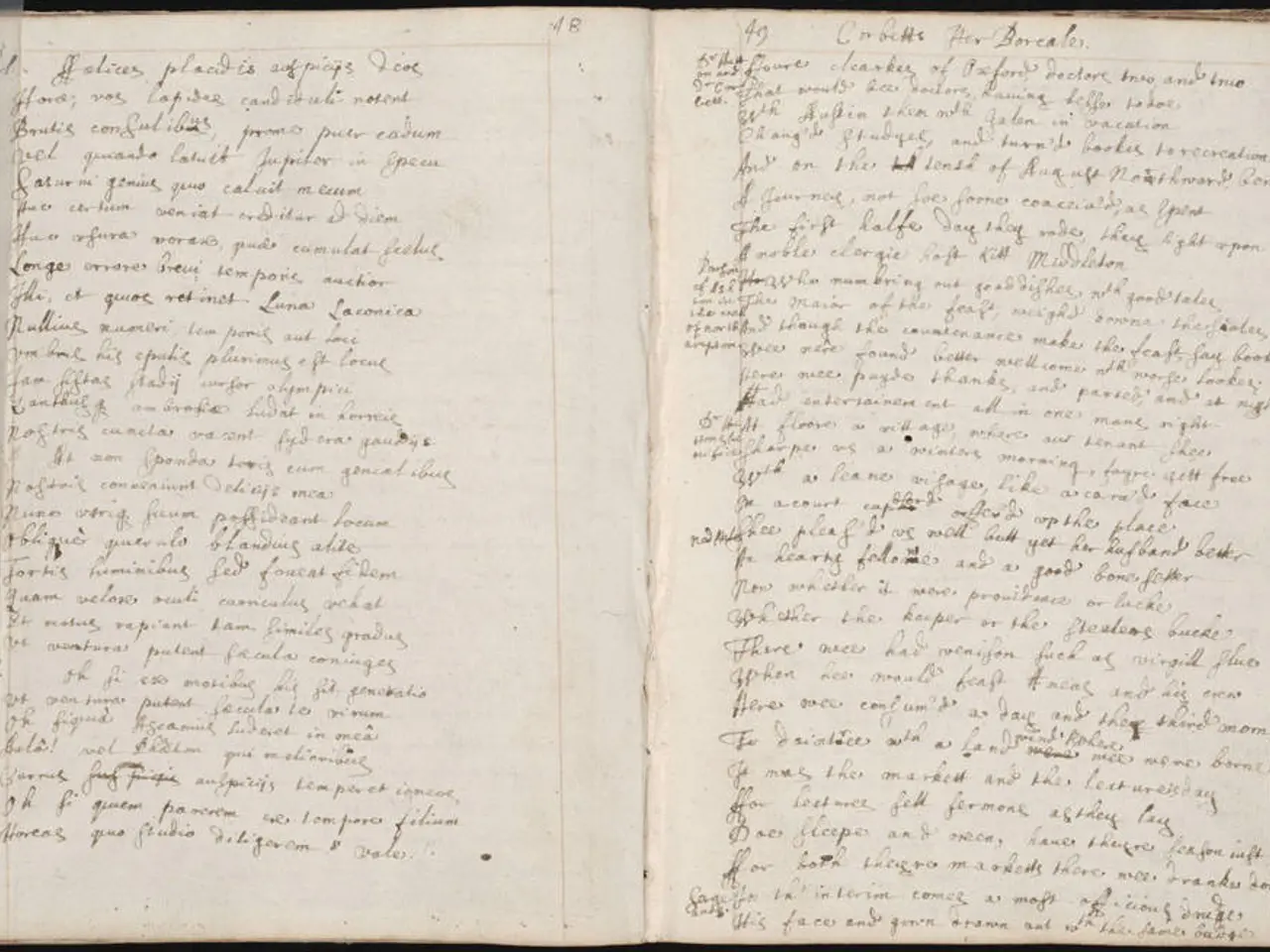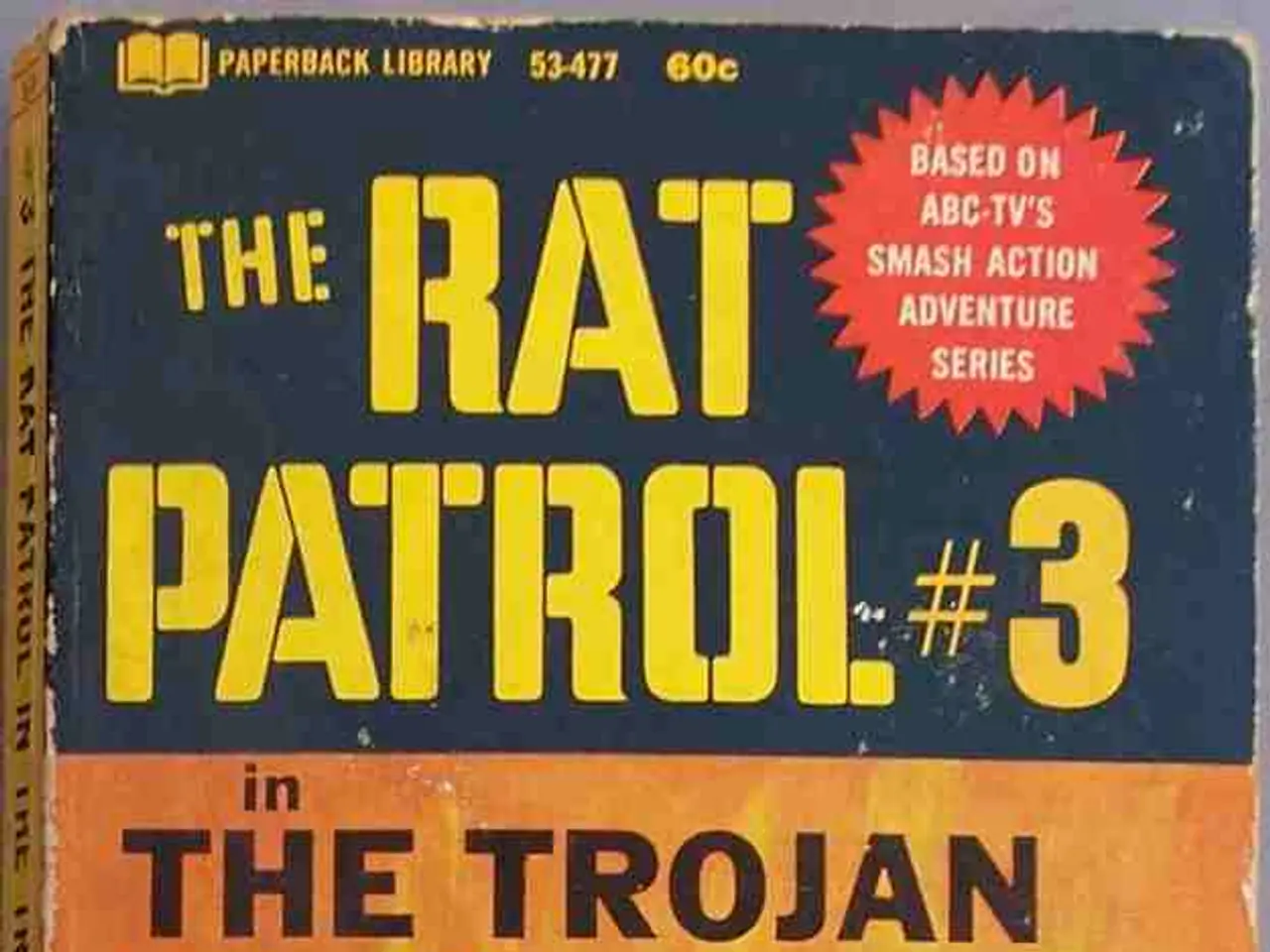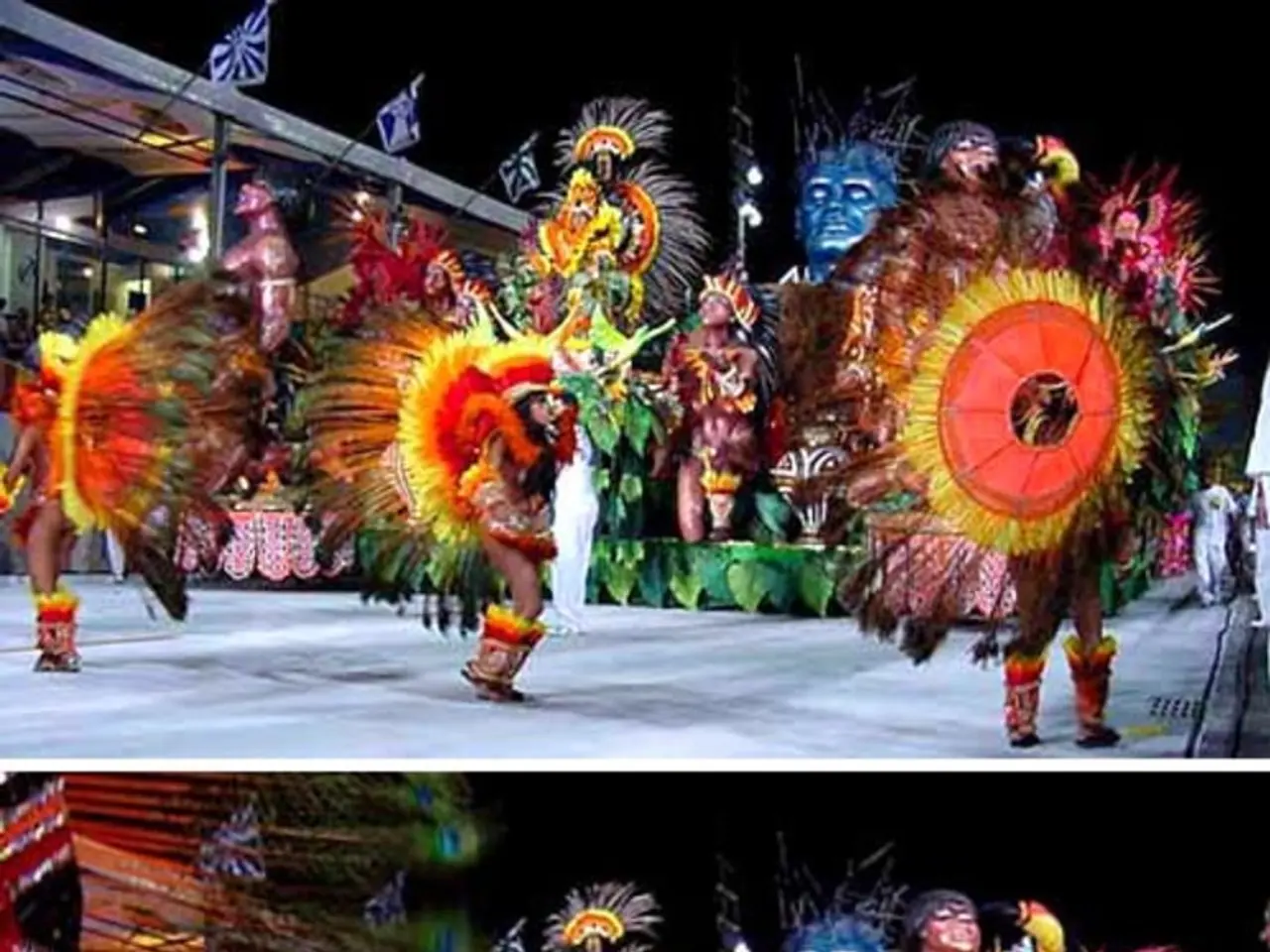Enhanced Surveillance Aids in Detection of Deceptive Wagers in Sporting Events
Professional Sports Leagues Crack Down on Betting Violations
In the world of professional sports, the fight against betting violations is a top priority. Leagues are employing a multi-faceted approach that includes strict regulations, surveillance of betting activities, educational programs, and disciplinary measures to maintain fair play and uphold public trust.
One of the key mechanisms in this strategy is the enforcement of clear betting policies and strict prohibitions. Athletes are generally forbidden from betting on their own sport, their own teams, or related events. For instance, the NFL enforces suspensions ranging from game bans to multi-year suspensions depending on the nature of the violation, with harsher penalties for betting on their own teams or betting while on team property.
Another crucial element is the monitoring and detection systems that leagues have in place. These systems partner with integrity units or third-party services that monitor sports betting markets and accounts flagged for irregularities. Instances such as NHL player Shane Pinto’s suspension resulted from flagged unusual activity detected by an NHL integrity partner monitoring accounts linked to players.
Education and communication are also vital components of this strategy. Athletes receive training on betting policies and the risks of infiltrating sports integrity. They are regularly cautioned not to bet themselves or facilitate betting activities by family and friends, and also guided to be careful about public statements related to betting integrity.
Regulations are also aligned with Anti-Money Laundering (AML) and compliance standards. Although AML compliance is primarily for betting operators, leagues often coordinate with regulators who enforce these standards in sports betting. These standards help protect the sport and athletes from financial crimes connected to betting.
Enforcement and sanctions are the final pieces of this integrated approach. Once detected, violations lead to enforceable consequences such as suspensions, fines, or bans. The severity of punishment is designed to deter athletes from risking their careers.
Recent cases highlight the effectiveness of these measures. Calvin Ridley, a player in the NFL, was suspended for the entire 2022 season for betting on his own team. Tucupita Marcano, a former player of the Pittsburgh Pirates, was banned for life in June 2024 after placing 387 bets totaling over $150,000. Jontay Porter, a player in the NBA, was also banned for life in 2024 for betting on NBA games and sharing confidential information.
However, the fight against betting violations is an ongoing one. Terry Rozier is currently under investigation for suspicious betting activity involving prop bets. Malik Beasley is under federal investigation for placing NBA and prop bets during the 2023-24 season. Multiple college programs have faced violations due to athletes placing bets on their own stats and team performance.
In response to these challenges, leagues are continuing to innovate. Companies like U.S. Integrity, a sports integrity monitoring company, use advanced analytics and real-time data to monitor betting behavior and prevent sports-betting fraud. Legal sportsbooks also use geolocation technology to quickly flag bets placed from team facilities where betting is prohibited.
In conclusion, professional sports leagues are committed to maintaining the integrity of their games by implementing robust measures to prevent betting violations. This includes strict regulations, surveillance through data analytics, collaboration with integrity partners, education, and strict disciplinary actions. As the landscape of sports betting continues to evolve, these leagues will undoubtedly continue to adapt and strengthen their strategies to protect the athletes and the sport they love.
- Leagues strictly prohibit athletes from betting on their own sport, team, or related events, imposing severe penalties for infractions, such as NFL suspensions ranging from games to multiple years.
- Monitoring and detection systems partner with integrity units or third-party services to monitor sports betting markets, flagging irregularities that could indicate betting violations.
- Education and communication are integral to this strategy, with athletes receiving training on betting policies and the risks of compromising sports integrity.
- Regulations align with Anti-Money Laundering (AML) and compliance standards, protecting sports and athletes from financial crimes linked to betting.
- Enforcement and sanctions follow for detected violations, including suspensions, fines, or bans, with the severity designed to deter athletes from risking their careers.
- Recent cases in NFL, MLB, and the NBA underscore the effectiveness of these measures, while Terry Rozier and Malik Beasley remain under investigation, and college programs continue to face violations.
- In response to these challenges, leagues collaborate with companies like U.S. Integrity to monitor betting behavior using advanced technology and geolocation services to prevent sports-betting fraud.







